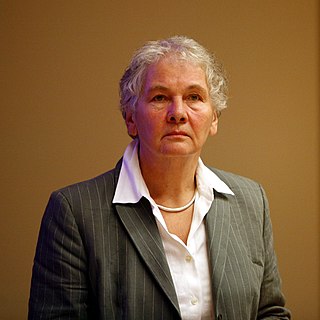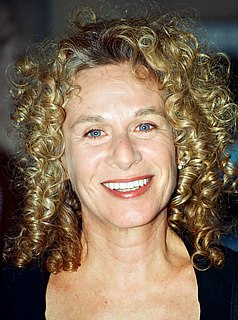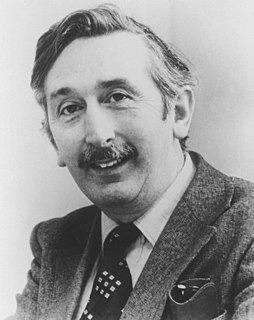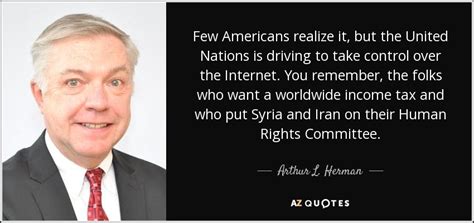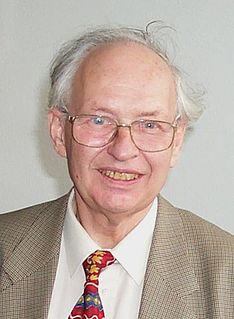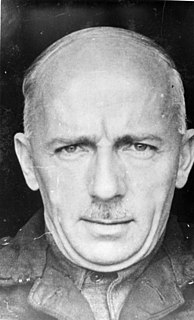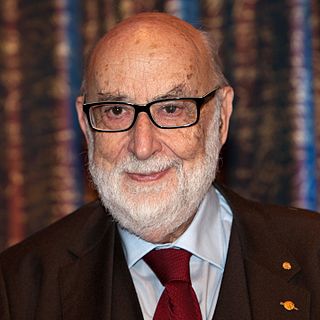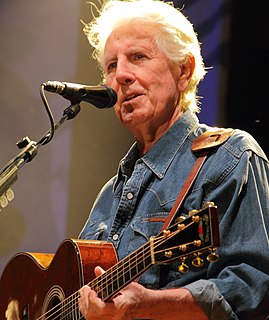A Quote by Christiane Nusslein-Volhard
I was born during the war, on October 20, 1942, as the second of five children. My father, Rolf Volhard, was an architect.
Related Quotes
The most interesting statistic, stunning statistic that came out of my research was that in 1942, as this war production effort is going on, the number of Americans killed or injured in war-related industries surpassed the number of Americans in uniform killed and wounded in action in the war by a factor of 20 to 1.
I was born in Breslau on October 5th, 1930. At that time, Breslau, now called Wroclaw, belonged to Germany, and only German was spoken there. After the Second World War, Breslau became Polish, and the original German population was almost completely replaced by a Polish one. I have never visited Wroclaw after the war.
This political climate today reminds me of what my father must have gone through in 1942, when the winds of war and fires of hate were surrounding him. We have a candidate for the presidency of the United States, Donald Trump, using the same rhetoric that my father must have heard from elected officials.
I was born in Edinburgh, in Scotland, a few days after the end of the Second World War. Both my parents had left school at a very young age, unwillingly in my father's case. Yet both had deep effects on my education, my father influencing me toward measurement and mathematics, and my mother toward writing and history.
